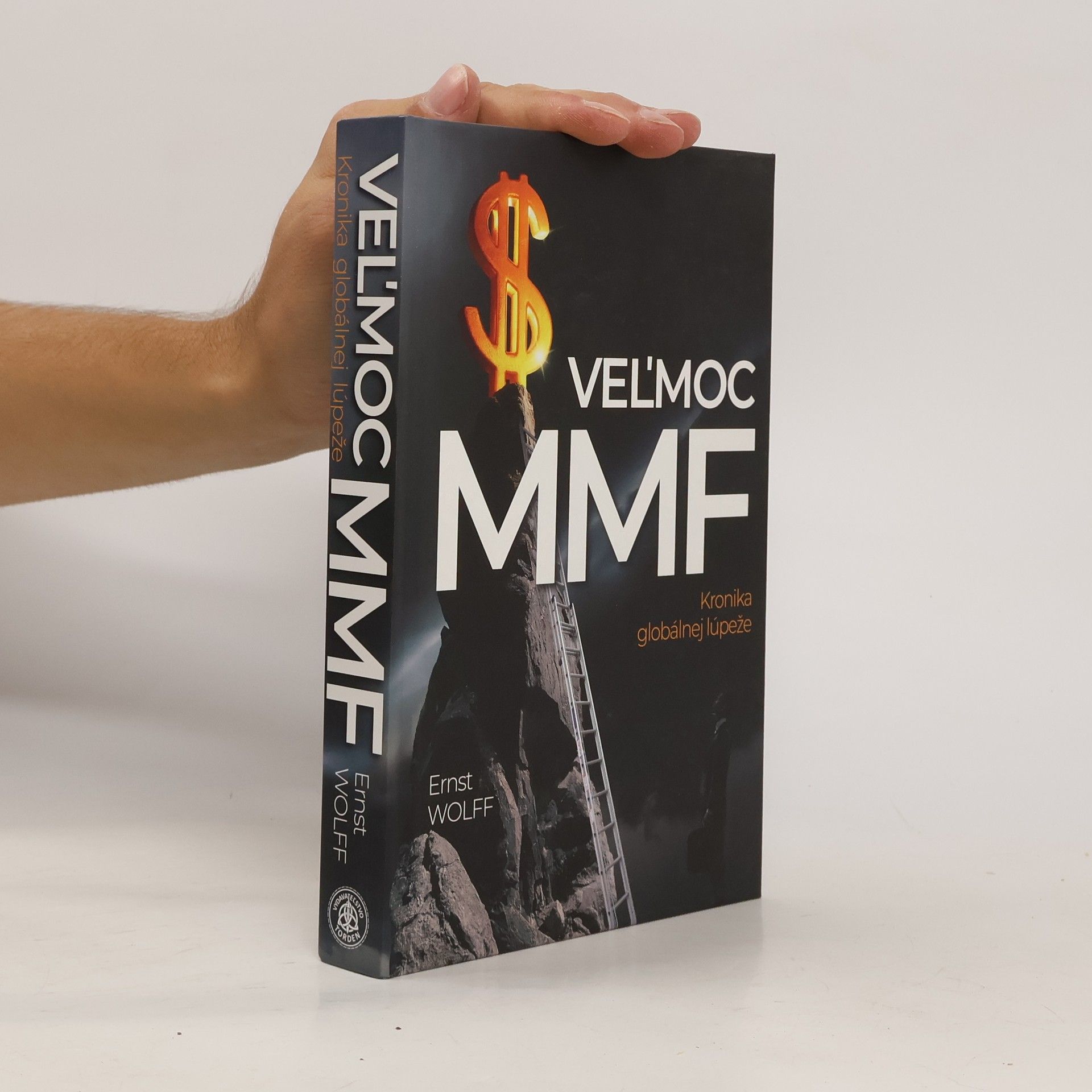Svetové ekonomické fórum (v Davose)
- 258 pages
- 10 hours of reading
Svetové ekonomické fórum (WEF) sa od svojho vzniku v roku 1971 stalo centrom globálnej moci, sústreďujúc na svojich každoročných stretnutiach v Davose významné osobnosti z politiky, ekonomiky, vedy a médií. Od začiatku roka 2020 sa svet ocitol v historicky bezprecedentnej situácii, kedy takmer 200 vlád prijíma podobné opatrenia. Zákonodarné orgány sú marginalizované, obmedzujú sa práva občanov a hospodárstva sú devastované. Zároveň sa potláča hotovostné platenie a rastie sociálna nerovnosť. Kto stojí za touto globálnou zmenou? Kniha známeho spisovateľa Ernesta Wolfa ponúka kľúč k odpovediam. WEF, vedené Klausom Schwabom, vzdeláva elity ako Bill Gates, Jeff Bezos či Angela Merkel. Medzi účastníkmi je aj slovenská prezidentka Zuzana Čaputová. Fórum má viac než 700 zamestnancov v 80 krajinách a zabezpečuje nepretržitý tok informácií medzi takmer 1000 členmi a partnermi. Ročný poplatok za členstvo sa pohybuje od 60 do 600 tisíc švajčiarskych frankov. Schwab patrí medzi najvplyvnejších ľudí na svete, pričom jeho vplyv siaha od Berlína po Washington. V jeho knihe “Covid-19: Veľký reset” sa dokonca objavuje scenár súčasnej krízy. Aký je skutočný dosah WEF a prečo by sme mali byť obozretní voči týmto novodobým fašistom?







